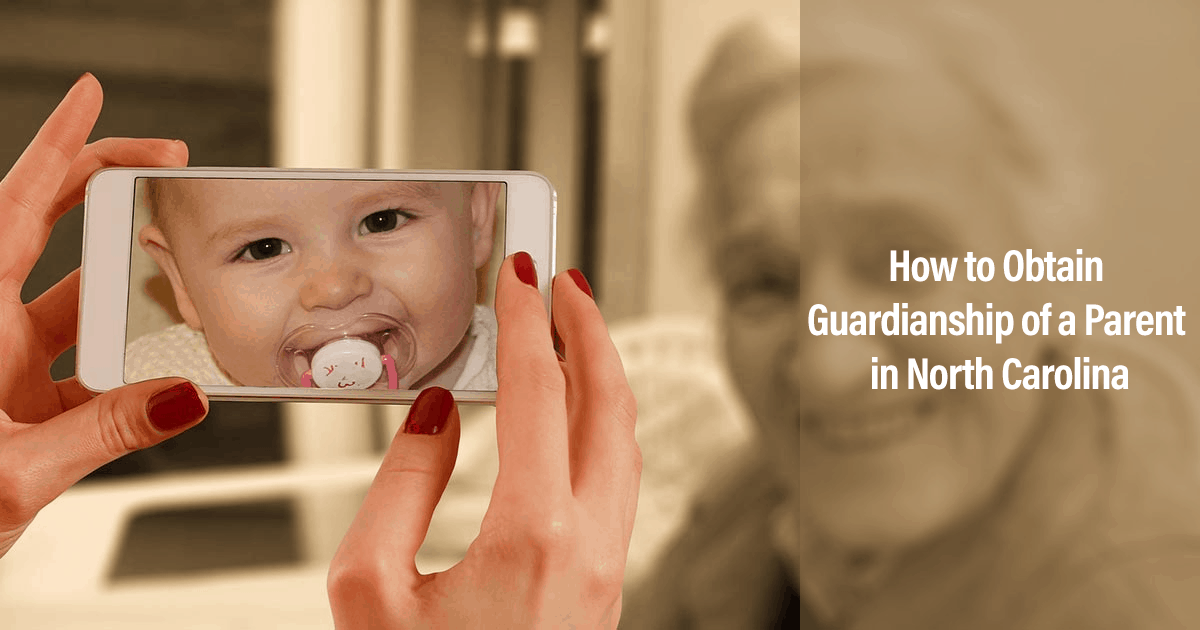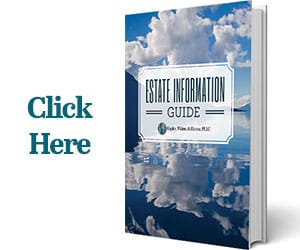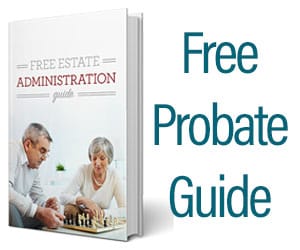Parental guardianship is a legal process where the court determines an individual is not capable of making decisions and needs protection. The elderly parent may have issues deciding on appropriate food and shelter, making decisions about medical treatments, or has a cognitive deficit leading to forgetfulness and making unsafe decisions. If the NC court decides an elderly parent is in need of help, it will appoint a guardian to act on their behalf to make decisions about their property, finances, and individual needs.
How to Determine Disability
A person is not considered incompetent simply for being eccentric or making poor judgments. In fact, they must have a physical or mental disease or disability, or otherwise lack an ability to manage their own affairs, which makes them unable to make sound decisions, in order to fit the legal definition of disability.
Incompetency will be determined by the court if clear and convincing evidence shows the person is unable to manage their own affairs or is at risk of exploitation due to their limited capacity. Sometimes eccentric behavior or poor judgment can help prove that case, but often you will need additional proof.
Determining the Guardian
Appointing a guardian for the elderly person is done by the court if they find evidence the individual is unable to communicate or make their own decisions regarding where they will live, medical treatment, or about their personal well-being. The legal guardian will be given similar duties and rights given to parents over minor children.
With elderly guardianship, the guardian is responsible for providing comfort and care for the elderly person, which includes looking after their recreational, social, and medical needs. In many cases, the guardian of the elderly parent is required to file an annual report describing the circumstances of the disabled person over the past year.
When appointing a guardian, the court may give the guardian the authority to make all decisions for the elderly person, or only give authority over specific areas. If the guardian is not given the responsibility for certain things, the individual retains those rights.
For A Free Estate Information Guide
How to Obtain Guardianship of a Parent in North Carolina
To obtain parental guardianship in North Carolina, a family member, friend, or social worker must file a court petition. This petition will often include evidence from doctors, friends, or family members that shows why the individual needs a legal guardian.
The court will appoint another North Carolina attorney to meet with the elderly person being considered for legal guardianship. The individual will be represented by this attorney to the court. Oftentimes, this attorney is required to give the court a report on the individual and their opinion on whether the elderly person needs a guardian or not. This gives the disabled person legal protection.
Decision Making Standards for Guardians
There are two basic standards to help guide guardian decision making that are identified in the law:
- Substituted consent: this is when the guardian makes a decision that is based on the wishes of the elderly parent. This method of consent should be used whenever possible. Many times, an elderly parent has previously discussed their feelings regarding medical treatment with their friends and family. When their feelings are known, it is best for the guardian to support their view and make decisions the individual would make themselves if capable.
- Their best interest: When the guardian does not know what the person’s wishes would be for any reason, then the guardian must abide by the standard of, “best interest.” The best interest is determined by weighing the pros and cons of the situation or procedure(s) to determine the best outcome for the individual.
Getting Special Permission from the Court
On some things, the guardian is required to ask special permission from the court. Depending on the scope of the original guardianship order, this may include:
- Moving the elderly person from their private home or an assisted living home into a nursing home.
- Consenting or not consenting to medical treatments that may pose a substantial risk to the elderly person.
- Selling real estate.
- Selling or leasing substantial personal property.
Authority of Guardian
In North Carolina, when the order gives a guardian all of the authority under NCGS 35A-1251, any of the items listed in that statute, subject to the limitations spelled out in the same statute, can be done without going back to the court for permission. These include, among many others:
- Taking possession of the assets of the incompetent adult.
- Getting insurance on the assets of the adult.
- Paying necessary expenses of administering the estate of the adult.
- Employing people, as needed, such as attorneys, auditors, advisors, or other agents to help with the guardianship.
A Public Guardian
When no family member or friend of the disabled person is willing or able to function as the legal guardian, a public guardian is appointed. If the elderly person is under 65 years old, the North Carolina Department of Social Services often becomes the legal guardian. If the elderly person is 65 years or older, Aging and Adult Services located in Raleigh, NC often becomes the appointed guardian. Sometimes, these departments contract with third party companies that focus on providing guardianship services to incompetent adults. If money needs to be managed, each county usually has one or more lawyers that are tasked with serving to manage the finances and report to the Court what is being done with the money of the incompetent person.
When a public guardian is appointed, they have the same authority as a private guardian. Public guardians are often subject to additional reporting requirements to ensure that the public guardian is working in the best interest of the disabled person.
Property Guardian
If the court finds evidence that a disabled person is no longer able to manage their money, they will appoint what is called a Guardian of the Estate. This guardian will act as a fiduciary and manage the finances and contracts of the elderly person, as well as pay their bills. This person is trusted to act in the disabled person’s best interest. They are expected to act faithfully and honestly to best preserve the elderly person’s property and to use their remaining assets for the welfare and benefit of the person.
Property Guardian Authority
The Property Guardian has the power to handle the income and assets of the elderly person. This includes:
- Borrowing money for home repairs
- Making investments in stocks and bonds
- Selling the home
- Filing tax returns
- Paying any bills
- Open or close any bank accounts
- Collecting any money due the elderly person
When no family member or friend is willing or able to serve in the role as Property Guardian, the court appoints a Public Property Guardian, typically an attorney.
Court Reports
The Property Guardian is responsible for filing an inventory of all property owned by the elderly person within 90 days of being appointed guardian. When the elderly person dies, they are required to terminate the guardianship and file a final accounting.
Conclusion
Parental guardianship can be a tough, yet necessary step in keeping your loved one safe. Be sure to consult with an attorney in the Raleigh-Durham, NC area if you need to file for guardianship for your parent.
Download Free PDF Guide On The Probate Process



